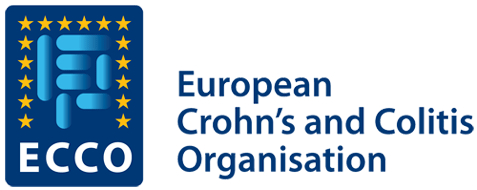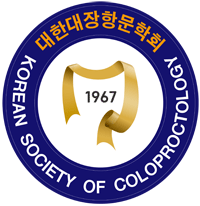Hungary is situated in the middle of Europe. The country has 10 million inhabitants, 2 million of which is living in and around the capital, Budapest. The history of surgery in Hungary dates back to the beginning of the European surgery. Surgeons in Hungary has always been regarded as being innovative. Good example is that the first surgical stapling instrument was constructed by a Hungarian surgeon, dr. Jenő Pólya in 1908. It was modified and developed further by dr. Aladár Petz. His stapling instrument is still in use in some parts of the world.
In Hungary currently there are 124 hospitals and 115 surgical departments. From these departments 48 has full accreditation for all the coloproctologic procedures. Coloproctology is imminent part of surgery in Hungary and the training in coloproctology is not divided from that in surgery. The Hungarian Surgical Society was founded in 1907. Currently it has more than 1300 members. The web page can be reached at www.mst.hu .
The official journal of the society is „Magyar Sebészet”. The society has a Chapter for Coloproctology, which is entitled to organize the scientific work in coloproctology in Hungary. The Hungarian Surgical Society organizes national congress biannual, and the Chapter for Coloproctology holds biannual national meetings. The president of the Hungarian Surgical Society currently is dr. László Damjanovich (This email address is being protected from spambots. You need JavaScript enabled to view it.). Secretary is dr. Gábor István ( This email address is being protected from spambots. You need JavaScript enabled to view it. ), and the president elect is dr. András Vereczkei (This email address is being protected from spambots. You need JavaScript enabled to view it.).
Population: 10 million
ESCP Members: 10
Society: Hungarian Surgical Society, Chapter for coloproctology
ESCP Representative Name: Tamás Mersich
Journal(s): Magyar Sebészet
Achievements:
For many years mesorectal excision has become the gold standard surgical procedure for rectal cancer surgery. The treatment for colorectal cancer is conducted by oncoteams throughout the country. The number of laparoscopic colorectal resections has been grooving year to year now it is about 10%, and at least 8 high volume and other 20 smaller centers are performing laparoscopic colorectal surgery routinely.
Future Plans:
Develop minimally invasive colorectal surgery further in the country. This is to be achieved by organizing national training programs to get more surgeons properly trained and more departments involved. Organizing national consensus on colorectal cancer care is planned to achieve in harmony with European guidelines. Continuous improvement in quality measurement of care are planned to improve QoL outcomes in patients with colorectal disease.








